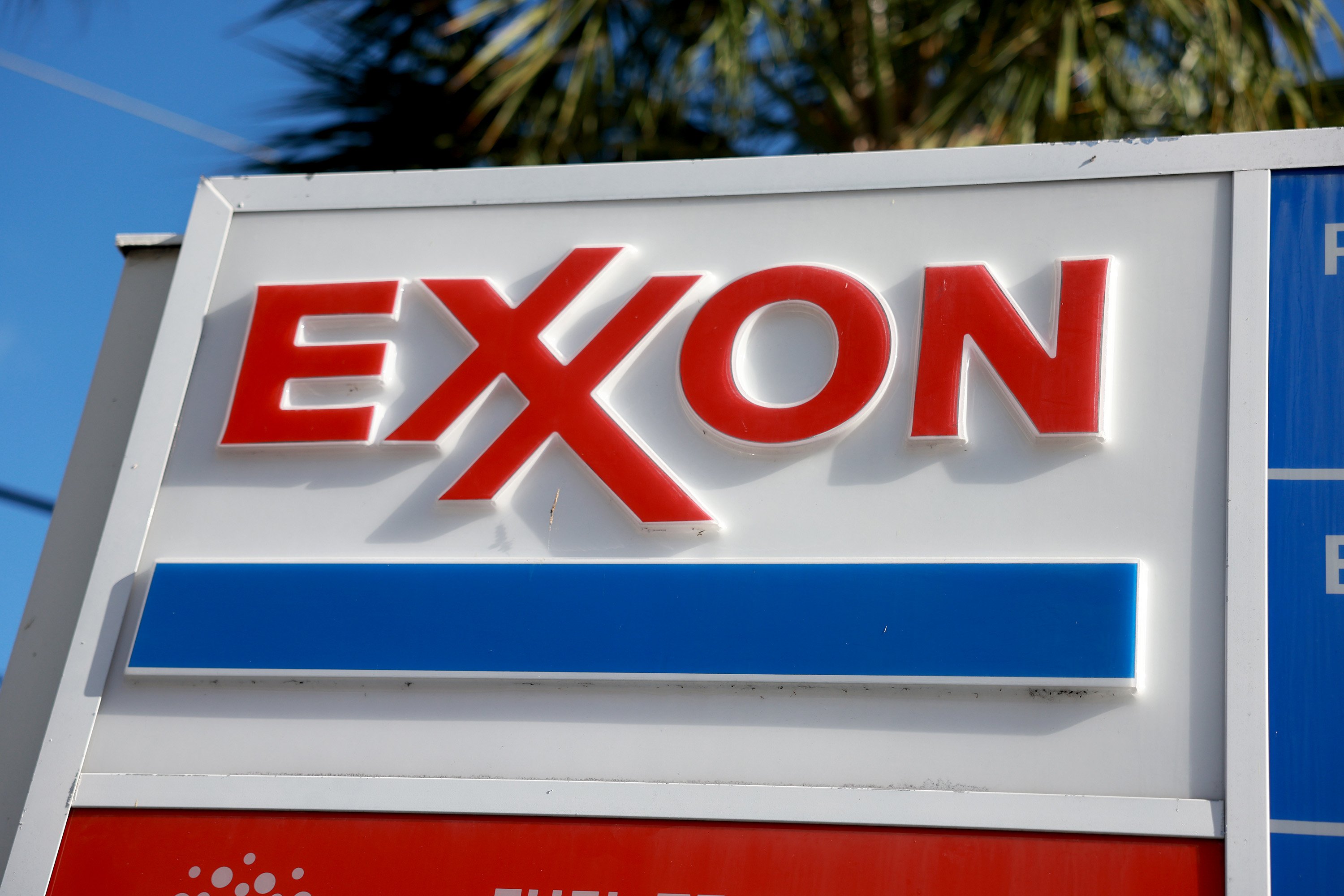Berkshire Hathaway (BRK.A 0.72%)(BRK.B 0.99%), the conglomerate led by renowned investor Warren Buffett, owns stakes in two large oil companies, Occidental Petroleum (OXY +2.20%) and Chevron (CVX +0.04%). With oil prices relatively weak today, conservative income investors would likely be better off following Buffett's lead into Chevron. In fact, the energy giant is a no-brainer buy right now.
What does Chevron do?
Chevron is an integrated energy company: It has operations in oil and natural gas extraction, also known as the upstream; in the pipeline and energy transportation space, known as the midstream; and in chemicals and refining, which is known as the downstream. This diversification helps to even out financial performance over time because each segment operates a little differently from the others.

Image source: The Motley Fool.
Beneath this business structure, Chevron also has a strong financial foundation. The best example of that is its debt-to-equity ratio, which is currently about 0.2. That would be a modest amount of leverage for any company, and it affords Chevron the ability to comfortably add leverage as needed during oil price downturns to support its business and dividend. When oil prices recover, as they always have historically, it reduces its debt load.
Chevron's capacity to weather the ups and downs of the historically volatile energy sector is clearly highlighted by its dividend history. Management has increased its payouts for 38 consecutive years, showing that rewarding investors with reliable and growing dividends is one of its key priorities. Conservative income investors looking for an energy stock would do well to pick this Buffett-owned investment.

NYSE: BRK.B
Key Data Points
Why Chevron now?
There are a couple of reasons Chevron is worth buying now. First off, at the current share price, its dividend yield is 5%, which is toward the higher end of its historical yield range. In that context, it looks like the stock may be reasonably priced, though it's worth noting that a deep oil downturn would likely push the shares down in the near term, driving the yield even higher. That said, the average energy stock's yield today is roughly 3.6%, so Chevron has a relatively high yield compared to the sector. And looking at Buffett's other oil stock for comparison, Occidental Petroleum's yield is 2.2%.
Meanwhile, Chevron's leverage is well below that of Occidental, which has a debt-to-equity ratio of 0.7. That's more than triple Chevron's level. So Chevron stands out relative to Oxy, as it is more commonly known, on two points. To add a third point, Oxy cut its dividend in 2020, so it has a less impressive dividend history, as well.

NYSE: CVX
Key Data Points
There are some negatives to consider with Chevron. Among the headline-generating issues it's contending with are political threats to its Venezuelan operations, and the company's troubled attempt to acquire Hess (HES +0.00%). Venezuela's government is a contentious global issue, and Chevron's business interests there are now something of a political hot potato as President Donald Trump withdrew (but then briefly extended) the sanctions waiver that allowed the energy company to pump oil in the country. Meanwhile, buyout target Hess works with some of Chevron's competitors, and the other parties in some of those relationships have gummed up the transaction. Both of these issues could hamper Chevron's growth if matters don't work out in its favor.
Buy while others are worried
Investors' concerns about Chevron are realistic, and the issues it faces now could remain near-term problems for the company. But Buffett and his team buy stocks for the long haul with the goal of benefiting from their growth over time. Given Chevron's past performance and its still-strong financial position, it seems likely that this high-yield Buffett stock will muddle through to better days. That suggests that its relatively weak performance lately could have created a buying opportunity. If you can stand to buy while others are selling, now could be the time to step into Chevron and start collecting the stock's reliable and above-average-yielding dividend.







